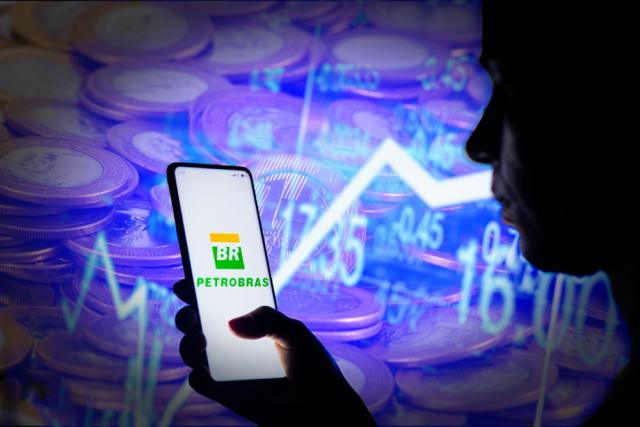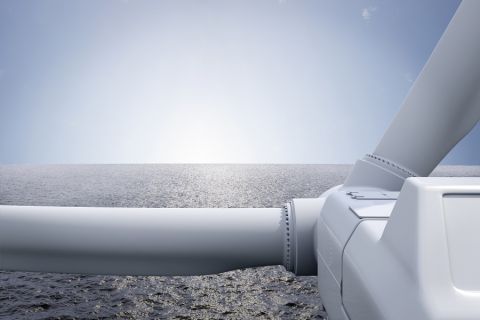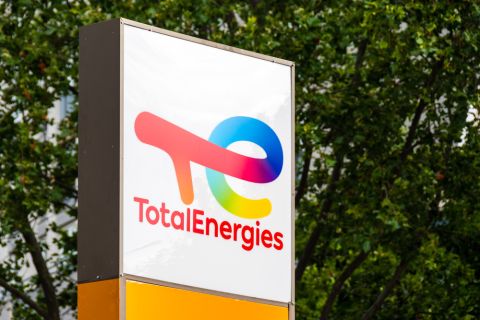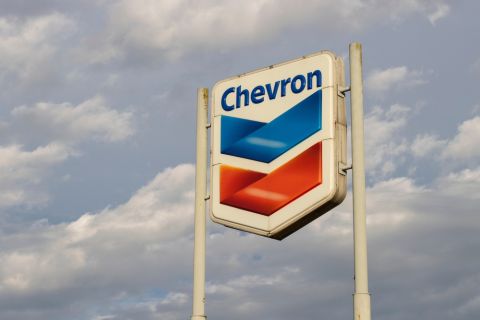
Debt reduction coupled with “the high level of cash generation and solid liquidity” allowed the board to okay the remuneration on July 28, Petrobras announced during its second-quarter webcast. (Source: Hart Energy collage; Petrobras logo by rafapress / Shutterstock.com)
The board of directors of Brazil’s state-owned Petrobras approved a shareholder remuneration of $16.8 billion. Dividend-seeking shareholders couldn’t be happier, including the government which is the majority shareholder.
Debt reduction coupled with “the high level of cash generation and solid liquidity” allowed the board to okay the remuneration on July 28, which is equivalent to $1.2909 per outstanding preferred and common shares (R$6.732003 Brazilian reais), Petrobras announced the same day during its second-quarter webcast.
Petrobras’ debt reduction efforts in recent years have been aided by proceeds from ongoing asset divestments as well as strong cash flow. The company’s gross debt reduction plan aims to reduce indebtedness and related financing costs and appease shareholders with a more attractive remuneration policy.
Of the remuneration amount, $9.8 billion relates to an anticipation based on the net income for the second quarter while $7.1 billion relates to an intermediate distribution by use of a portion of the profit retention reserve.
Dividends and interest on capital will be paid in two equal installments, on Aug. 31 and Sept. 20 and be deducted from the remuneration that will be distributed to shareholders relating to the fiscal year 2022, Rio de Janeiro-based Petrobras said.
Brazil’s President Jair Bolsonaro continues to pressure Petrobras regarding prices for gasoline and diesel amid rising inflation prior to the presidential elections on Oct. 2. Both installment payments will come before voters head to the polls.
Petrobras’ remuneration policy kicks in when gross debt is equal to or less than $65 billion and states the company must distribute to its shareholders 60% of the difference between operating cash flow and investments.
Petrobras pays a minimum mandatory dividend of 25% of its adjusted net income. In addition, preferred shares are entitled to a minimum dividend of 5% calculated on the share of capital represented by this type of shares, or 3% of the share’s equity value—the largest always prevails.
Regardless of Petrobras’ level of indebtedness, the company can, in exceptional cases, pay extraordinary dividends, exceeding the minimum legal mandatory dividend and/or other amounts established so long as the company’s financial sustainability is preserved.
Debt Falling
Solid second-quarter results allowed Petrobras to further strengthen its balance sheet with prudent debt management led by another significant reduction in indebtedness.
Petrobras reduced its gross debt to $53.6 billion as of June 30, down $5 billion or 8.5% compared to the end of the prior quarter, and down 18.9% compared to June 30 last year, the company said.
Lower debt has been mainly achieved through debt prepayments and amortizations. As a result, Petrobras’ average debt maturity at the end of June reached 13 years while its gross debt-to-EBITDA ratio reached 0.93 times compared to 1.18 times at the end of March.
RELATED:
Petrobras Reports Sequential Decline in Second Quarter Production
Financially, Petrobras’ recurring EBITDA was $20.2 billion, up 34% compared to the first quarter while free cash flow was $12.8 billion, up 61% sequentially, mainly “reflecting the appreciation of Brent prices in the period, better results with oil products and natural gas sales and lower volumes of LNG imports,” Petrobras said. Recurring net income was $9.1 billion, up 9% sequentially.
Recommended Reading
Diamondback, Verde Plan Converting Permian Natgas to Gasoline
2024-02-13 - Diamondback Energy subsidiary Cottonmouth Venture LLC has entered into a joint development agreement with Verde Clean Fuels to build a natural gas-to-gasoline facility in the Permian Basin.
US Proposes Second GoM Wind Lease Auction
2024-03-20 - Combined, the four proposed areas for offshore wind have the potential to power about 1.2 million homes if developed, according to the Interior Department.
TotalEnergies Expanding Orange Basin Presence
2024-03-06 - The new acreage offshore South Africa is on trend with the Venus discovery offshore Namibia.
Hess Pushes Shareholders to Vote in Favor of $53B Chevron Merger
2024-04-01 - Hess Corp.’s board is unanimously recommending its shareholders vote in favor of the proposed $53 billion all-stock merger with Chevron Corp., according to Chevron’s March 28 Securities and Exchange Commission filing.
E&P Highlights: Feb. 12, 2024
2024-02-12 - Here’s a roundup of the latest E&P headlines, including more hydrocarbons found offshore Namibia near the Venus discovery and a host of new contract awards.






